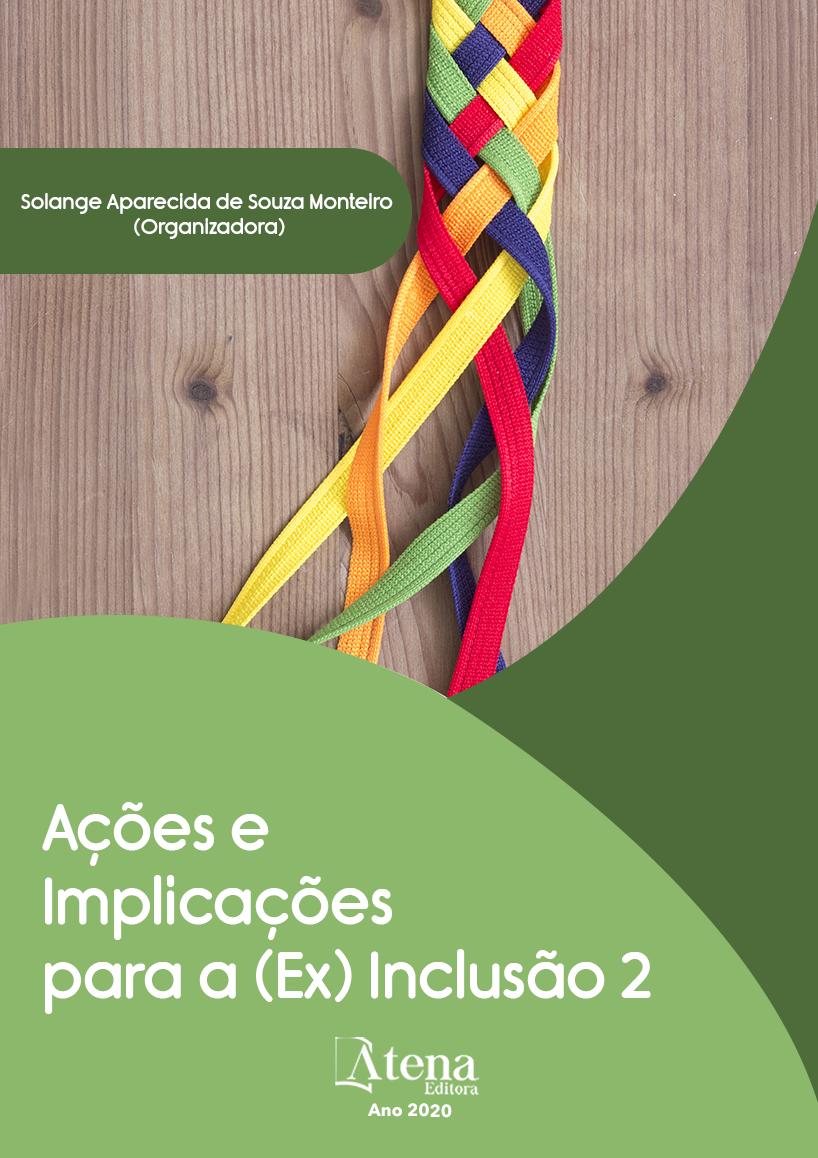
PARATY: POR UMA EDUCAÇÃO DECOLONIAL
Uma experiência no 9º ano do Ensino Fundamental II, em uma rede particular, une professores de Alemão, Arte, Biologia, Educação Física, Física, Português, Geografia, História, Inglês, Matemática, Química, por meio de aulas integradas, dentro e fora de sala de aula. Entrevistas, estudos dirigidos e avaliações buscaram direcionar o olhar dos alunos para questões vivenciadas e consolidadas em viagem de campo a Paraty - RJ. Foi objetivada, ainda, a identificação de áreas de interesses, dentro das possibilidades curriculares, por meio das atividades propostas que favoreceram a união de conceitos e atualidades em mecanismos que despertam curiosidades, como fotografias, músicas e discursos orais/escritos. Os principais eixos de reflexão uniram a experiência histórica da comunidade quilombola Campinho da Independência e de grupos indígenas, denominados “negros da terra” nas Américas. Visitas e entrevistas foram realizadas na busca da compreensão da realidade vivenciada por indígenas, quilombolas e moradores de Paraty. O estudo foi mediado e procurou desenraizar estereótipos e homogeneizações sobre tais sujeitos históricos. Observando relatos e trabalhos apresentados pelos estudantes, foi percebida a conscientização acerca de representações construídas historicamente em discursos de colonizadores e/ou grupos favorecidos no campo político, econômico e social sobre o negro africano e o “negro da terra”. A busca pelo despertar do olhar crítico sobre a presença indígena e quilombola na sociedade brasileira e a compreensão de suas respectivas reivindicações foram favorecidas. Por meio da contribuição das diferentes áreas do conhecimento, foi verificada a manutenção de elementos hierarquizadores e eurocêntricos no que tange às diferenças étnicas e socioeconômicas brasileiras. Como descreveria Fanon (2008), há uma busca conjunta pela desconstrução de marcas deixadas pela colonização de corpos e mentes mantidas pelo legado histórico nas especificidades do “Império do Capital”, expressão de Wood (2014), no Brasil. Entre as principais referências teóricas, destacam-se, ainda, Santos (2013) e Freire (1987).
PARATY: POR UMA EDUCAÇÃO DECOLONIAL
-
DOI: 10.22533/at.ed.17120040320
-
Palavras-chave: Interdisciplinaridade, Trabalho de campo, Educação decolonial, Quilombolas, Indígenas.
-
Keywords: Interdisciplinarity, Field work, Decolonial education, Quilombolas, Indigenous peoples.
-
Abstract:
An experience in the 9th grade of private elementary school II brings together teachers of German, Art, Biology, Physical Education, Physics, Portuguese, Geography, History, English, Mathematics, and Chemistry, through integrated classes, inside and outside the classroom. Interviews, supervised studies and evaluations aim at directing the students gaze to issues experienced and consolidated in a field trip to Paraty - RJ. The objective was also to identify areas of interest within the curriculum possibilities through the proposed activities. These activities favored the joining of concepts and news through mechanisms that arouse curiosities such as photographs, music, oral / written speeches. The reflection united the historical experience of “Campinho da Independência” - quilombola community, and the exploitation of indigenous people, called blacks of the earth in the Americas. Visits and interviews were conducted in search of understanding of the reality experienced by indigenous people, quilombolas and residents of Paraty. The study was mediated and sought to root out stereotypes and homogenizations about such historical subjects. Observing reports and works presented by the students, it was perceived the awareness about representations historically constructed in speeches of colonizers and / or favored groups in the political, economic and social field about the African black and the "black of the earth". The search to awaken the critical eye on the indigenous and quilombola presence in Brazilian society and the understanding of their respective claims was favored. Through the contribution of the different areas of knowledge, it was verified the maintenance of hierarchical and Eurocentric elements regarding the Brazilian ethnic and socioeconomic differences. As described by Fanon (2008), there is a joint search in the deconstruction of fingerprints left by the colonization of bodies and minds maintained by the historical legacy in the specificities of the “Capital Empire”, Wood's expression (2015), in Brazil. Among the main theoretical references, we single out Santos (2013) and Freire (1987).
-
Número de páginas: 10
- Waleska Souto Maia
- Mariana Roque Lins da Silva
- Isabel Rodrigues Monteiro
- Erica Silvani Souza


